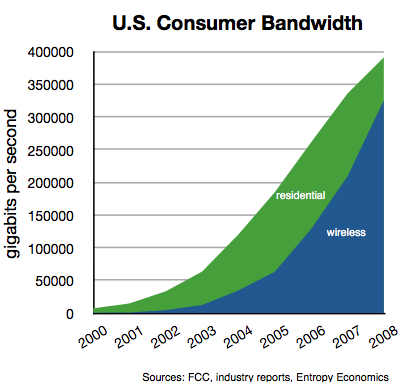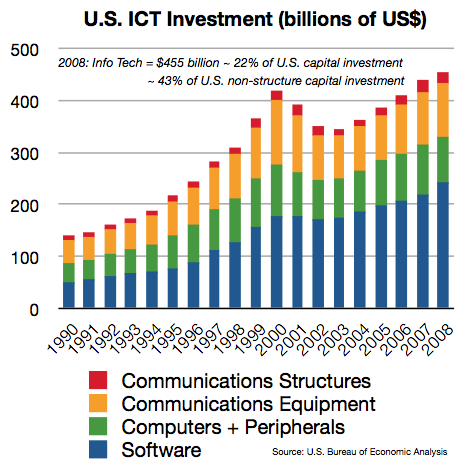I have a photo of my father from around 1982, standing on the tarmac of South Bend airport with Jack Kemp. The economy was in the tank, and America’s world standing was uncertain. My Dad had gone to pick up Kemp, who was to speak at an event for his fellow Republican, Jack Hiler, who was our friend and congressman from northern Indiana. I was maybe eight years old at the time. We were Reagan-Kemp-Hiler conservatives, interested in entrepreneurship, economic growth, and a muscular but prudent international stance.
Some 15 years later I would go to work for Kemp as an economic analyst. It was not preordained, but neither was it a complete coincidence, I suppose, that I spent several years working for the man who, more than any other public official, had articulated and even helped shape my, and my family’s, worldview. Kemp and I even shared the same birthday, July 13.
It is difficult to overestimate Kemp’s impact on history. For those who don’t grasp the importance of economics in politics and geostrategy, that will seem a wild overstatement. But I do think Kemp changed the arc of human events by helping to launch the U.S. on a much higher growth trajectory. By freeing American workers and businesses and attracting the world’s human and financial capital, the Reagan-Kemp economic strategy of tax cuts, sound money, and deregulation unleashed two and a half decades of amazing feats in technology and entrepreneurship. Within just a few years, the American boom of the 1980s shook the Communist world and allowed Reagan to peacefully conclude the Cold War. These events not only bolstered the wealth and ideological foundations of the West but freed hundreds of millions of people in the East and set the stage for the next great wave: the low-tax-free-trade phenomenon we call globalization, which has brought at least a billion more people out of poverty.
Kemp was not immune to the ego-pumping of life on the Potomac. But football and his middle-class upbringing had given him a healthy concept of “the team.” More than almost any politician I have encountered he was deeply interested in ideas. (What other politician would spend so much time — or any time at all — on the intricacies of monetary policy?) And in getting at the truth. And in building a positive sum politics through energy and persuasion, not cleverness or negativity. He was a builder, not a destroyer.
Having been a central player in creating the long boom, Kemp was also a long-time critic of the wildly gyrating monetary and dollar policies that led to the crash and ended this particularly prosperous period in American history. Not coincidentally, it is Kemp’s enthusiastic, expansive, inclusive brand of politics that might help his party regain its footing so it can help launch the next great American wave. Kemp would have no doubt whatsoever America’s biggest, best, brightest days are ahead.
I join many friends and former colleagues in offering Mrs. Kemp, Jeff, Jimmy, and the whole Kemp family my condolences, and deep gratitude for sharing Jack with the world.

Associated Press
MORE REMEMBRANCES:
“Capitalist for the Common Man” – The Wall Street Journal
“The Jack Kemp I Knew” – Richard Rahn
“Jack Kemp: The Happy Warrior” – Bruce Bartlett
“Jack Kemp, Our JFK” – Mona Charen
“Will the GOP Forget Reagan and Kemp?” – Dan Henninger
“He Had the Power of the Happy Man” – Peggy Noonan
“The Life of His Party” – David Broder
“Jack Kemp: Conservative Hero” – The Economist
“Quarterback of GOP Ideas” – Ed Rollins





